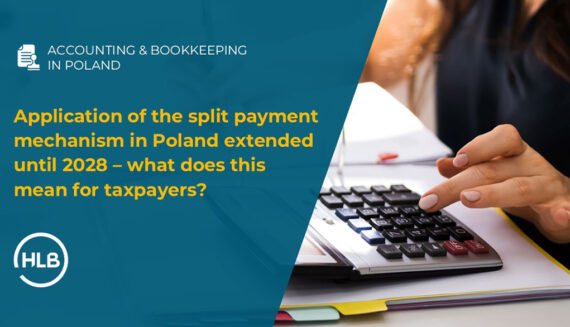In terms of our VAT Compliance services, we provide:
Our service encompasses a comprehensive range of procedures related to obtaining a local tax identification
number for VAT reporting or the termination of registration for this number.
Our VAT Compliance service stands out for:
- Fixed service fee, regardless of the turnover or number of transactions. The cost of VAT settlement remains
the same, irrespective of the growth of your business.
- Guidance and support from an assigned customer care representative fluent in Polish.
- Analysis of monthly sales results in all countries.
- Handling correspondence with the Polish tax office and its European counterparts.
- Constant and easy access to all submitted VAT declarations and reports through the online client portal.
- Archiving of prepared documents in accordance with applicable regulations.
In these countries, we can assist you with registration:
After registering in the tax system of a specific EU country, it is necessary to regularly submit VAT
declarations in accordance with the applicable local regulations. Different countries may have varying deadlines
and required documents. Simply provide us with a consolidated package of transaction data, and we will handle
the preparation and submission of the necessary settlement documents in the respective languages, maintaining
communication with you in Polish.
If you operate an e-commerce business in Europe and have exceeded the distance selling threshold, resulting in a
failure to register for VAT within the required timeframe, and you are concerned about potential tax
consequences or have already received notices of fines, we are here to assist you. We will initiate the VAT
registration process retroactively in all countries where such registration was required. Additionally, we will
submit all outstanding settlement declarations on your behalf along with the required documents. All you need to
do is provide us with the necessary registration information and a consolidated file with transaction details
for each overdue month. You can conduct all communication in Polish, and we will handle the preparation and
submission of the necessary registration and settlement documents in the respective languages.
We will handle all procedures related to settlements and registration within the EU VAT for companies from
outside the European Union. In the absence of fiscal representation, we offer a service for establishing a
company in Poland.
Update for VAT Compliance:
On our informational channel, you will find the latest practical insights regarding VAT Compliance in the
e-commerce industry. We encourage you to regularly follow our updates to deepen your knowledge of accounting in
the e-commerce sector. Feel free to visit our main website at amavat.eu and
subscribe to our RSS Newsletter to stay informed about our publications.
E-commerce accounting
If you are utilizing Amazon FBA – VAT Compliance is essential.
Amazon FBA (Fulfillment by Amazon) is an innovative service that allows online sellers to outsource the logistics
and warehousing processes. However, with the dynamic growth of e-commerce and globalization, issues related to
VAT registration and tax declarations arise. A proper approach to these aspects is crucial for maintaining
compliance with tax regulations.
VAT registration:
VAT registration is necessary in the country where you conduct business utilizing the Amazon FBA service.
Depending on the location of your Amazon warehouse, you may be required to register as a VAT payer. The
registration process varies by country, so it is advisable to consult with a tax expert or use the services of a
professional firm to ensure compliance with local regulations.
VAT declaration:
Utilizing Amazon FBA in business operations presents additional challenges related to VAT declaration. Items
moving between different countries require meticulous documentation and reporting of the relevant tax amounts.
We offer comprehensive support in the VAT registration process, tax declaration submissions, and adaptation to
the evolving e-commerce landscape.
Our solutions for Amazon sellers:




